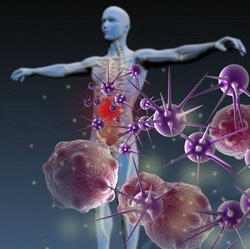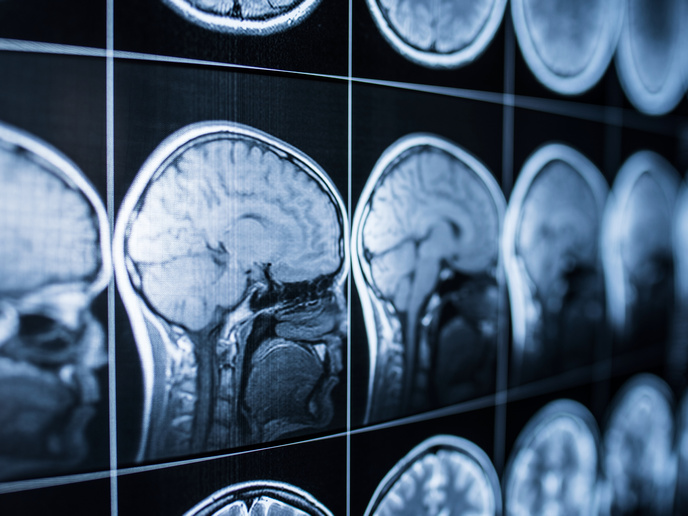Anti-cancer and anti-infection immunotherapy
NK cells are an important part of the innate immune system with vital function against tumours and viral infections. Understanding how viruses and cancer cells evade immune responses may help to develop immunotherapies. The EU-funded NATURIMMUN project performed a thorough investigation of the mechanism of action of NK cells and their receptors and ligands. In addition, they investigated how NK cells function in certain viral diseases and cancer. Researchers discovered that therapy of acute myeloid leukaemia patients with interleukin-2 and histamine strongly induced an immunomodulatory NK cell subtype. This helped to restore the NK cell compartment of these patients displaying diminished and partly defective NK cells. Down-regulation of stress-induced ligands recognised by activating receptors is a mechanism employed by viruses. NATURIMMUN scientists discovered that herpes viruses among others can suppress stress ligands through proteasome degradation and that stress ligands can also be down-regulated in cancer cells. Another intriguing evasion mechanism was detected in colon cancer. The presence of faecal bacteria in the tumour environment interferes with NK cell cytotoxicity. In regard to several activating NK receptors, researchers have made progress in understanding how certain ligands are modulated by viruses and can then be recognised by these receptors. From a therapeutic perspective, the consortium designed anti-cancer strategies based on the amplification of the NK immune response. For this purpose, they developed improved protocols for expanding NK cells from peripheral and cord blood that could be adoptively transferred for clinical purposes. Alternative approaches to enhance NK cell cytotoxicity were developed based on antibodies that retarget NK cells to cancer antigens. Pre-clinical evaluation of antibodies and NK cell infusion in novel murine models indicated the potential of the approach to treat leukaemia and solid cancers. Collectively, the results of the NATURIMMUN study support the use of NK cells for cancer therapy and will fuel future research for the clinical application of these cells. More detailed project results and future perspectives have been summarised here(opens in new window).







